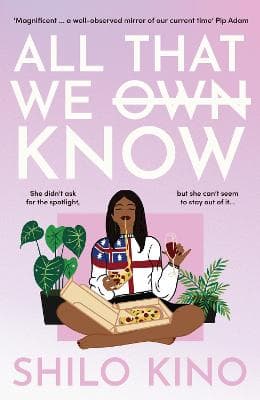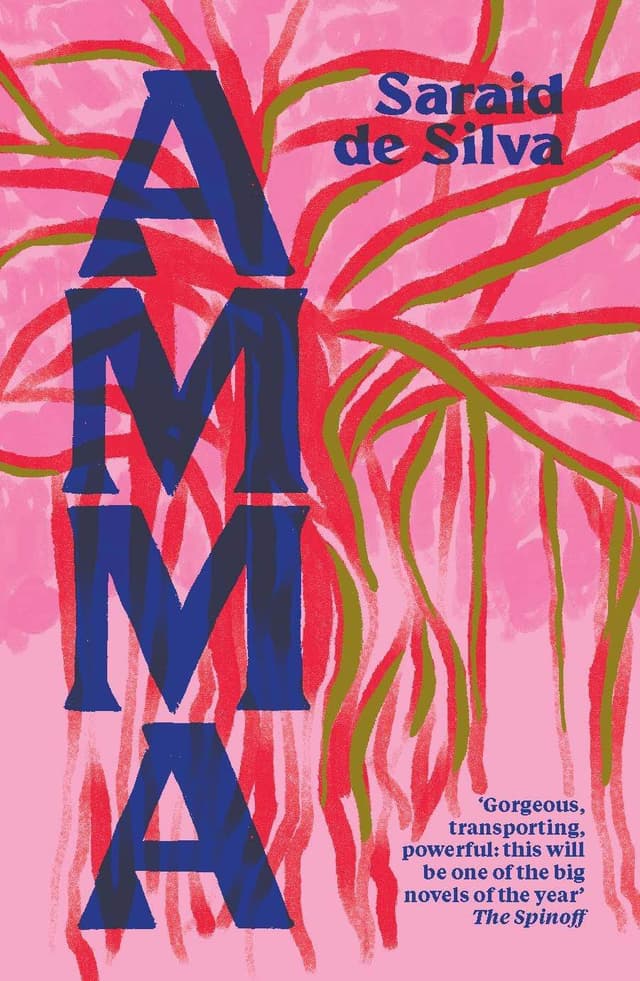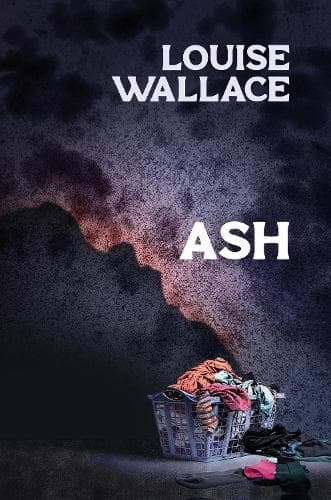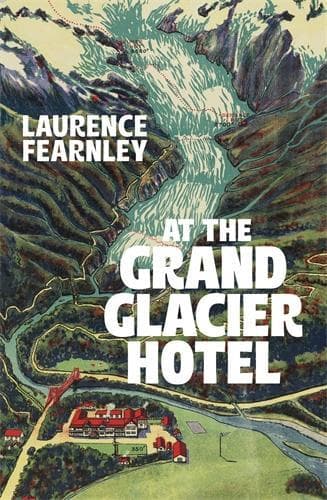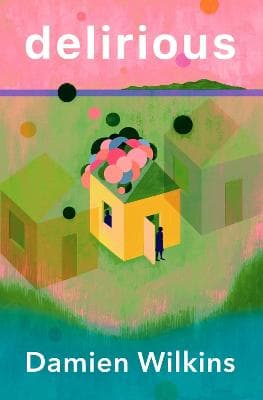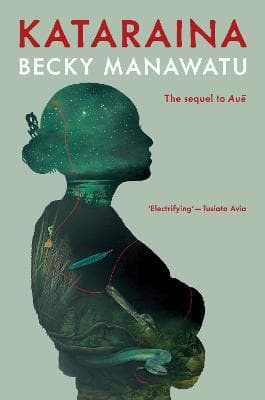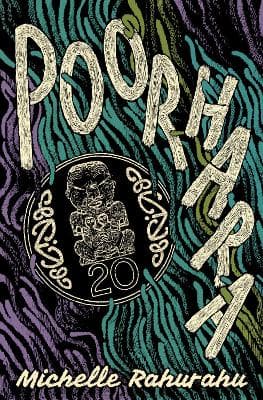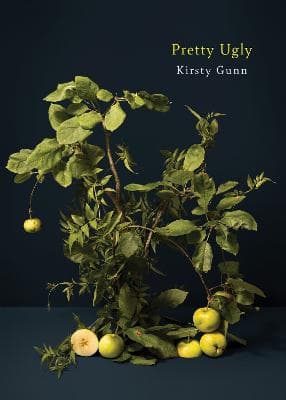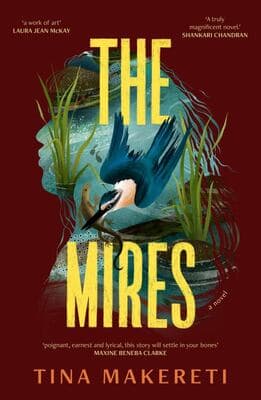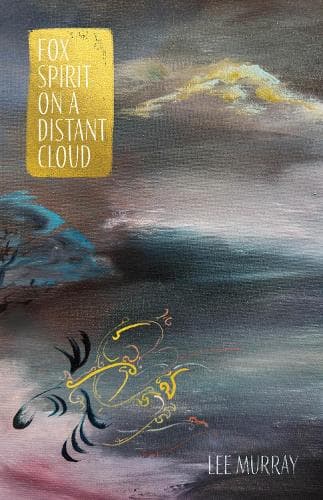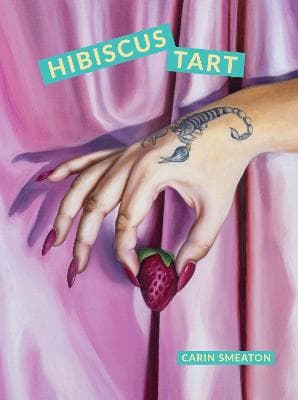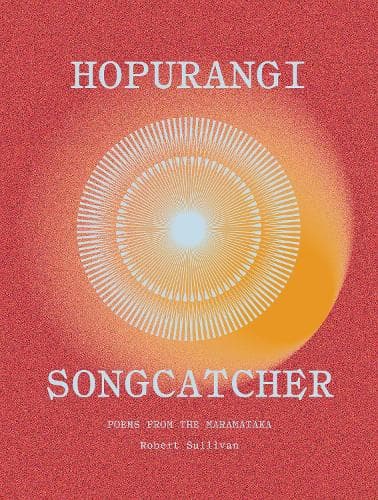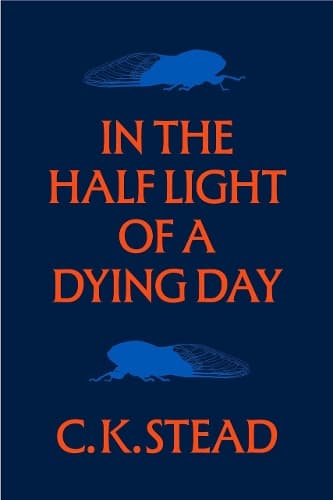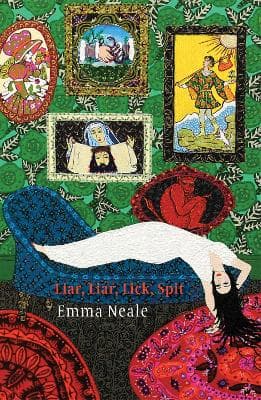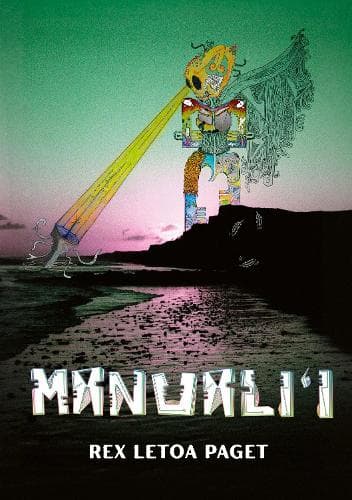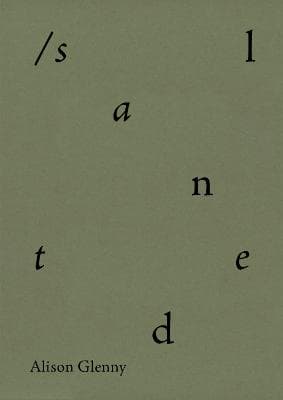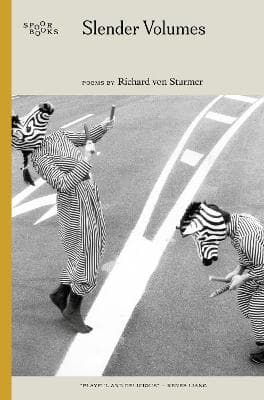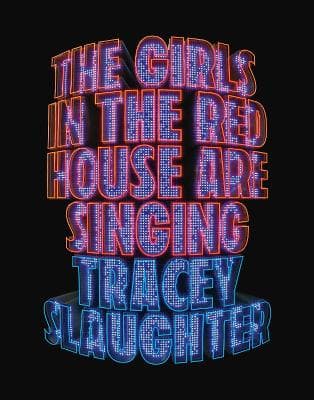Critics’ thoughts on the 2025 Ockham New Zealand Book Award Fiction and Poetry long list
Critics and reviewers reflect on the Ockham New Zealand Book Awards Fiction and Poetry long lists. We've pulled together reviews and commentary in this handy list.
The 2025 Ockham Book Awards long list was announced on Thursday, 30th Jan. Divided into Fiction, Poetry, Illustrated Non-fiction and General Non-fiction categories, it contains an impressive 43 wonderful titles from Aotearoa New Zealand writers.
If you haven’t seen it, go HERE to check out the full list.
If the sheer number of titles included makes your eyes go a bit funny, read on for reviewers and industry professionals’ thoughts. We’ve pulled them together into this handy list for Fiction and Poetry.

Jann Medlicott Acorn Prize for Fiction
All That We Know by Shilo Kino (Ngāpuhi, Ngāti Maniapoto) (Moa Press)
Young urban student Māreikura Pohe’s life is falling apart. Struggling with her best friend leaving, and after inadvertently becoming a minor celebrity for calling out racism, her world is disconnected and frustrating. The book considers themes of social media justice, the effects of colonisation, and living away from one’s turangawaewae. It’s destined, writes Damien Levi, ‘to feature on the bookshelves of all your hottest and best-read friends.’
Amma by Saraid de Silva (Moa Press)*
A multi-strand narrative focussed on three women—Josephina, her daughter Sithara, and granddaughter Annie. Shocking trauma lurks in Josephina’s past, and the book explores how this affects younger generations, examining parental and spousal love that is ‘complicated, ornery, beset with hurts and inexplicable failings,’ says Himali McInnes.
Ash by Louise Wallace (Te Herenga Waka University Press)
How to be a working mother, or how not to be a working mother, or how to work when all around you view you as unreliable and unprofessional because of your children. Set against the backdrop of a speaking volcano, Ash is ‘a bruising portrait of what boils in the belly of a woman who is “coping”, revealed with humour and a rare candour,’ writes Anna Scaife.
At the Grand Glacier Hotel by Laurence Fearnley (Penguin, Penguin Random House)
Jackie Lee Morrison says, ‘while this is, inevitably, a book about cancer, it’s incredibly funny in parts, albeit darkly… This is a very distinctly New Zealand book.’ It’s the 3rd in experienced writer Fearnley’s series about the five senses, focussed on sound, and while it moves quietly, it has the ability to throw a sucker punch when needed.
Delirious by Damien Wilkins (Te Herenga Waka University Press)
Director of the IIML at Te Herenga Waka University, Wilkins has published 13 previous novels before Delirious, which is focussed on ageing, contemplating death around the corner. It’s spent weeks on the bestseller list. Clare Travaglia writes, ‘Delirious teaches us that there is always more to learn from the past — personal, pre-colonial — and that ageing is a perilous, precious privilege.’
Kataraina by Becky Manawatu (Ngāi Tahu, Ngāti Māmoe, Waitaha) (Mākaro Press)
Becky Manawatu is in a class of her own. Kataraina, sequel to Auē, which won the Jann Medlicott Acorn Prize for Fiction in 2020, is Aunty Kat’s story, with the central question of ‘who shot the man?’ Reviewer Kelly Ana Morey points to ‘the real triumph of Kataraina is Manawatu’s literariness and intensely lyrical writing. Her descriptions of the swamp and the whenua at large are where the poetry of her language really shines… this is no small thing in a publishing climate that seems to be producing novel after novel that are narratively straight forward.’
Poorhara by Michelle Rahurahu (Ngāti Rahurahu, Ngāti Tahu–Ngāti Whaoa) (Te Herenga Waka University Press)*
Poorhara is Michelle Rahurahu’s debut novel. Winner of the IIML Fiction Prize, and shortlisted for the Michael Gifkins Prize, it is a journey of two ‘cockroches’ – those who have grown up in poverty – Erin and Star, in a 1994 Daihatsu Mira. Savannah Patterson writes, ‘Poorhara is unflinching and deeply affecting, yet essential for its portrayal of cultural identity.’
Pretty Ugly by Kirsty Gunn (Otago University Press)
The first in Otago University Press’s new series of short story collections, established author Kirsty Gunn’s stories are shocking, dark, provocative. But as reviewer Nat Baker points out, ‘who wants to read forgettable short stories?’ She goes on to say that ‘these are tales that will make your heart race as you try to make sense of what you’ve encountered, and for a long time after reading, keep you wondering about where you stand. ‘
The Mires by Tina Makereti (Te Ātiawa, Ngāti Tūwharetoa, Ngāti Rangatahi-Matakore, Pākehā) (Ultimo Press)
Tina Makereti’s The Mires is the story of four mothers, of extremism, climate change, immigration, of wai, and so much more. It asks what we do when faced with what we don’t understand. Natasha Lampard writes that ‘wai is the fundamental essence of The Mires… a reminder of the insistent truth that our humanity and our flourishing, lies not in dominion, but in kaitiakitanga, manaakitanga and community.’
The Royal Free by Carl Shuker (Te Herenga Waka University Press)
Carl Shuker’s sixth novel, The Royal Free, is a story of a bereaved father who works as a copyeditor, in a world where everything’s on fire. It’s an office comedy: Kirsteen Ure tells us that the book is ‘expansive, wry… it’s also who we are, and aren’t, in the places we spend most of our waking hours.’
Mary and Peter Biggs Award for Poetry

Fox Spirit on a Distant Cloud by Lee Murray (The Cuba Press)
Much-awarded horror, sci-fi and fantasy author Lee Murray turned to poetry with Fox Spirit on a Distant Cloud, which won the NZSA Laura Solomon Cuba Press Prize in 2023. Bringing forth the stories of women in the Chinese diaspora, Murray ‘binds them… to a classic mythology of the shape-shifting nine-tailed fox spirit, húli jīng, 狐狸精, its blend of memoir and Chinese myth defying anything as traditional as a three-act structure’, writes Angelique Kasmara at the Aotearoa New Zealand Review of Books. On Kete, Lee Murray, artist Kim Lowe and designer Christine Ling discuss creating the stunning cover.
Hibiscus Tart by Carin Smeaton (Titus Books)
Smeaton’s second collection is for ‘all you bloody tarts out there doing the hard mahi’, for those women who were ‘staunch advocates for social justice, they questioned the establishment.’ At NZ Poetry Shelf, Hana Pera Aoake reflects on how Smeaton ‘grasps complicated and disparate ideas and forms of languages and sculpts them into porous poems that swim in your head for days afterwards.’
Hopurangi - Songcatcher: Poems from the Maramataka by Robert Sullivan (Ngāpuhi, Kāi Tahu) (Auckland University Press)
Sullivan’s ninth poetry collection is compiled from a series of poems posted on social media, one a day over two and a half months, inspired by the Maramataka, the Māori lunar calendar. Tru Paraha writes for Aotearoa New Zealand Review of Books, ‘Sullivan’s oeuvre of works is lush with figurative language, most notably when the celestial and trivial co-exist.’
In the Half Light of a Dying Day by C.K. Stead (Auckland University Press)
Stead is undoubtedly the oldest author on the longlist and his reputation precedes him: eminent critic, author, reviewer, poet. This collection returns to Catullus, a mix of fictional and autobiographical. On Reading Room the author writes of his journey to this book: ‘How ‘real’ was my Clodia, who seemed to be derived from the Roman poet’s Lesbia? How real was Catullus himself? Were these poems autobiography or fiction?’
Liar, Liar, Lick, Spit by Emma Neale (Otago University Press)
The seventh collection of poetry from established novelist and poet Neale is an exploration of our doubleness, of the shifting deceptions we can practise. Part personal childhood exploration, part wider social commentary on deceptions, Liar Liar Lick Spit is ‘a skilful exploration of the white lie; the schoolyard rumour; the gap in the narrative… Neale takes aim at injustice, at how people ignore inequality,’ writes Anuja Mitra.
Manuali ʻi by Rex Letoa Paget (Saufoʻi Press)*
Rex Letoa Paget’s debut explores self, the ancestors, amidst reminders of where you come from and who you are. The past, the present and an imagined future. Paget writes in an interview with Kete, ‘For so much of my life I’ve struggled to make sense of a purpose. Why was I given this body and this life? So I started going back to my roots… What are all these things that add up as a life?’ Check the interview out for a poem from Manuali’i.
/Slanted by Alison Glenny (Compound Press)
A field guide to the exploits of Freda de Faur, the first woman to climb Aoraki Mt Cook. Glenny won the 2024 Caselberg Trust Margaret Egan Cities of Literature Writers Residency around the same time /Slanted, her third collection of poetry, was published.
Slender Volumes by Richard von Sturmer (Spoor Books)
Von Sturmer’s tenth book, published by Spoor Books, is comprised of 300 seven-line poems in response to 300 koans. Buddhism set in Onehunga, Slender Volumes speaks to being intimate with our surroundings. In the Spinoff’s How to Read a Poem series, three poems from Slender Volumes are discussed, carrying the thought that ‘we should look deeply into each one but we shouldn’t expect to “understand”, or solve, them. The purpose is to let each verse find a space in our minds and see what it might illuminate.’
Slim Volume by James Brown (Te Herenga Waka University Press)
This is Brown’s eighth collection of poetry, and he knows what he’s doing. The book begins in childhood and ends in a post-apocalyptic future. Paula Green at Poetry Shelf writes ‘try reading this as a poetry handbook and the experience is gold. There is an invitation to see any subject matter as ‘worthy’ of poems (for example, cheese in pies), musing on who wants to read angry poetry or wayward words or making poems your own.’
The Girls in the Red House are Singing by Tracey Slaughter (Te Herenga Waka University Press)
The powerful sequence of poems that won the Manchester Poetry Prize in 2023 are included in this psychedelic volume. Surreal, painful moments are juxtaposed against the mundane in this electric work. In the Kete capsule review, where you can read a poem from the collection, we are told ‘the poems here get under one’s skin, abrading and scraping, leaving a residue that feels like heartbreak.’
Compiled by Erica Stretton
